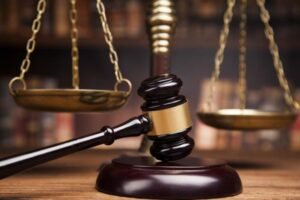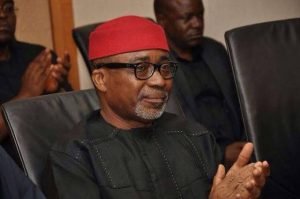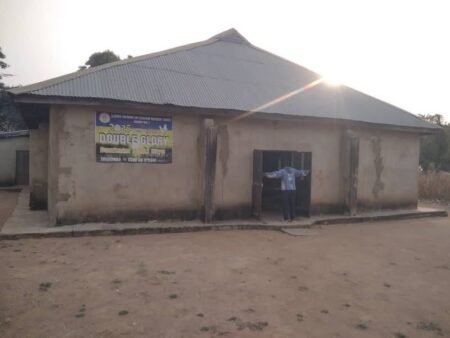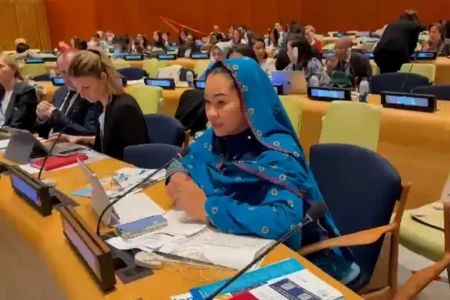The Socio-Economic Rights and Accountability Project (SERAP) has filed a lawsuit against the National Broadcasting Commission (NBC) for its failure to lift the ban on Eedris Abdulkareem’s song ‘Tell Your Papa’, which was allegedly prohibited for criticising President Bola Tinubu’s economic policies.
The NBC, in a directive dated 9 April 2025, ordered all broadcast stations across Nigeria to refrain from airing the track, citing its “objectionable nature” and alleged violation of public decency standards.
However, in suit number FHC/L/CS/797/2025 filed at the Federal High Court in Lagos last Thursday, SERAP is challenging the directive, describing the ban as arbitrary, unlawful, and unconstitutional. The organisation is seeking an order to overturn the decision and an injunction to permanently restrain the NBC or any other authority from restricting the broadcast of the song.
In a statement released on Sunday, SERAP’s Deputy Director, Kolawole Oluwadare, said the group is also requesting the court to declare the NBC’s action as inconsistent with the rights to freedom of expression, access to information, and media freedom under both Nigerian and international law.
“The NBC is censoring music under the guise of protecting public decency,” the statement read. “Public decency cannot be used as a blanket justification to silence critical voices or suppress dissent.”
SERAP argues that the ban has a chilling effect on the fundamental freedoms of Nigerians and contradicts Section 39 of the Nigerian Constitution, Article 9 of the African Charter on Human and Peoples’ Rights, and Article 19 of the International Covenant on Civil and Political Rights, to which Nigeria is a party.
The group emphasised that freedom of expression includes the right to create, share and access artistic content—even when it is critical, controversial, or provocative.
“Art is not just entertainment,” the statement continued. “It is a vital tool in democratic engagement, serving as a counterweight to established power structures and facilitating public discourse.”
According to SERAP, the provision of the Nigeria Broadcasting Code cited by NBC—Section 3.1.8—is “overbroad and excessively intrusive,” failing to meet the required legal standards of clarity, necessity, and proportionality.
The group stressed that bans based on vague terms such as “objectionable nature” and “public decency” risk being exploited as tools of censorship rather than protection, thereby undermining media freedom and democratic engagement.
“The ban on Tell Your Papa is a direct affront to artistic freedom and violates the public’s right to receive information and ideas—especially on issues of political importance,” SERAP said.
The legal action was filed by Kolawole Oluwadare, Ms Oluwakemi Agunbiade, and Ms Valentina Adegoke on behalf of SERAP.
No date has been fixed for the hearing of the suit.










